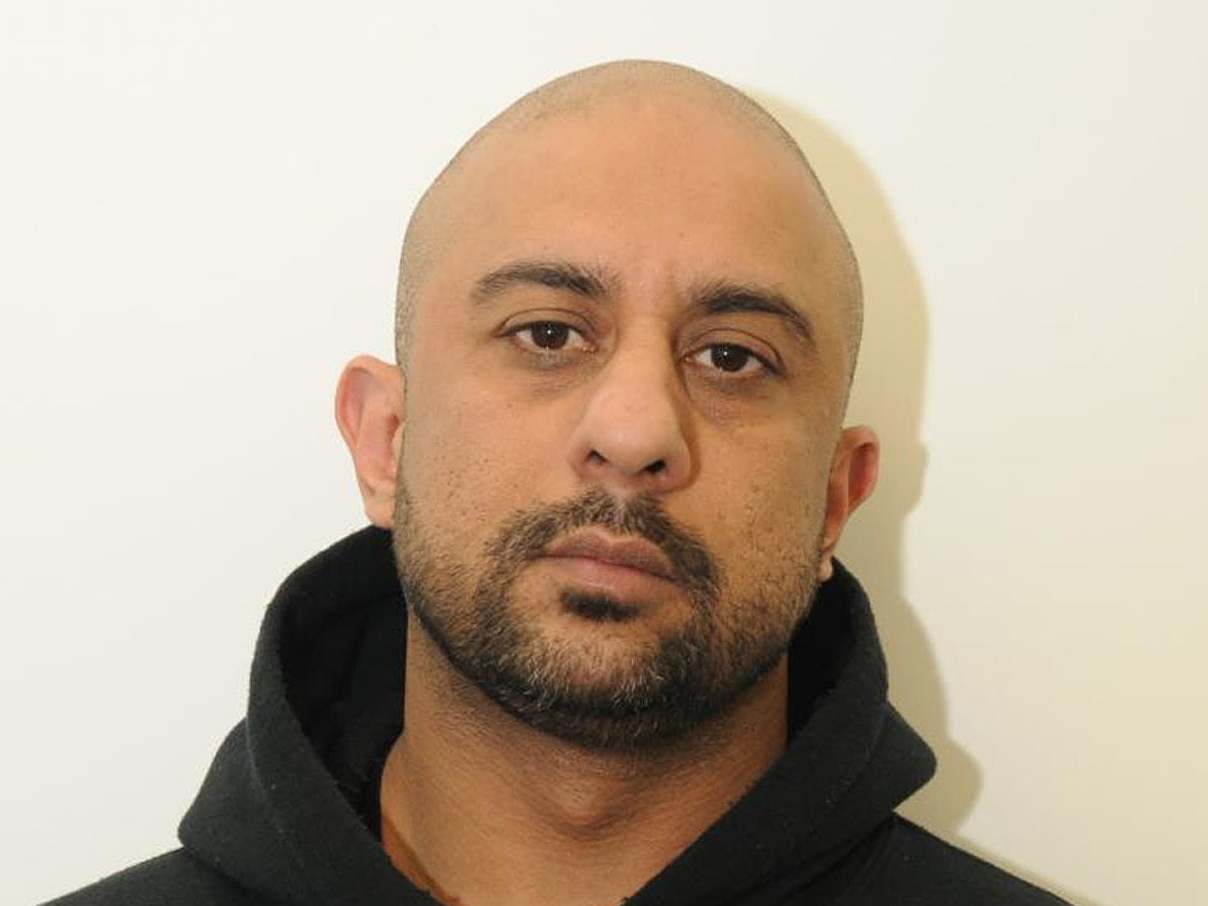Terror offender loses court battle against law stopping automatic release from prison
Judges rule terrorists should not be treated as ‘ordinary’ criminals and reject Isis supporter's claims that legal changes violated his human rights

A convicted terror offender has lost a legal battle against a new law that stopped him being automatically released from prison halfway through his sentence.
Lawyers representing Isis supporter Mohammed Zahir Khan argued that the change, which caused his release to be delayed from March to November at the earliest, violated his human rights.
But two High Court judges rejected their arguments on Thursday and threw out Khan’s application for judicial review.
In a written judgment, Lord Justice Fulford and Justice Garnham said it was “logical and rational” for the government to change early release arrangements for terror offenders after the attacks in Streatham and London Bridge.
“The risk such offenders posed reflected not only the likelihood of further offending of a similar nature, but also the potentially serious consequences of the risk eventuating,” they added.
“In those circumstances, in our judgment, keeping terrorist prisoners in custody for a longer proportion of their sentence, and requiring Parole Board approval before early release, was an entirely legitimate response.”
Hugh Southey QC, representing Khan, previously told the court that new provisions breached the European Convention on Human Rights (ECHR).
He argued that the Terrorist Offenders (Restriction of Early Release) Act 2020 violated the right to liberty, the right not to be held guilty of an offence which did not constitute an crime when it was committed, and the right not to suffer discrimination.
Mr Southey said the changes had produced “inconsistency” and led to terrorist prisoners being treated differently from other prisoners.
But the judges said it was “impossible” to treat terror offenders in the same way as “ordinary” criminals.
“The nature of the offending is different, the need for punishment is different, the way the offenders have to be managed in custody is different, the risks they pose on release into the community are different,” their ruling said.
“In our view, the different treatment of those two groups is justified.”
They said that the lawfulness of a sentence was not affected by separate considerations of early release provisions, which are decided by parliament.
The judges concluded: “We reject the challenges under Articles 14, 5 and 7 [of the ECHR] and this application is dismissed.”
Khan was jailed for four-and-a-half years for encouraging terror attacks, disseminating terrorist propaganda and stirring up religious hatred in 2018.
He was due to be freed on 1 March until the rules were changed, and as a result he will not be considered by the Parole Board for potential release until 30 November.
The High Court heard that Khan “repeatedly endorsed acts of terrorism, including murder and martyrdom, to provoke local support for Isis” and spread its propaganda.
The 42-year-old’s impending release provoked headlines describing a “race against time” to pass an emergency law that was announced by the government a day after the Streatham terror attack in February.
It was the second knife rampage in just over two months to be launched by a former terrorist prisoner, following Usman Khan's attack at Fishmongers’ Hall in London Bridge in November.
The Terrorist Offenders (Restriction of Early Release) Act 2020 came into force on 26 February - days before Mohammed Zahir Khan's scheduled release.
The law forced offenders who had been given standard determinate sentences to serve two thirds of their sentence before being considered for release by the Parole Board, rather than being freed automatically at the halfway point.
It was expected to block the automatic early release of around 50 people who had already been jailed for terror offences, and the government has since proposed wider laws aiming to keep terrorists in jail for longer.
The Counter Terrorism and Sentencing Bill has been passed by the House of Commons and is being scrutinised by the House of Lords.
A Ministry of Justice spokesperson said: “Our new laws protect the public by keeping terrorists off our streets for longer and we welcome this ruling.”
